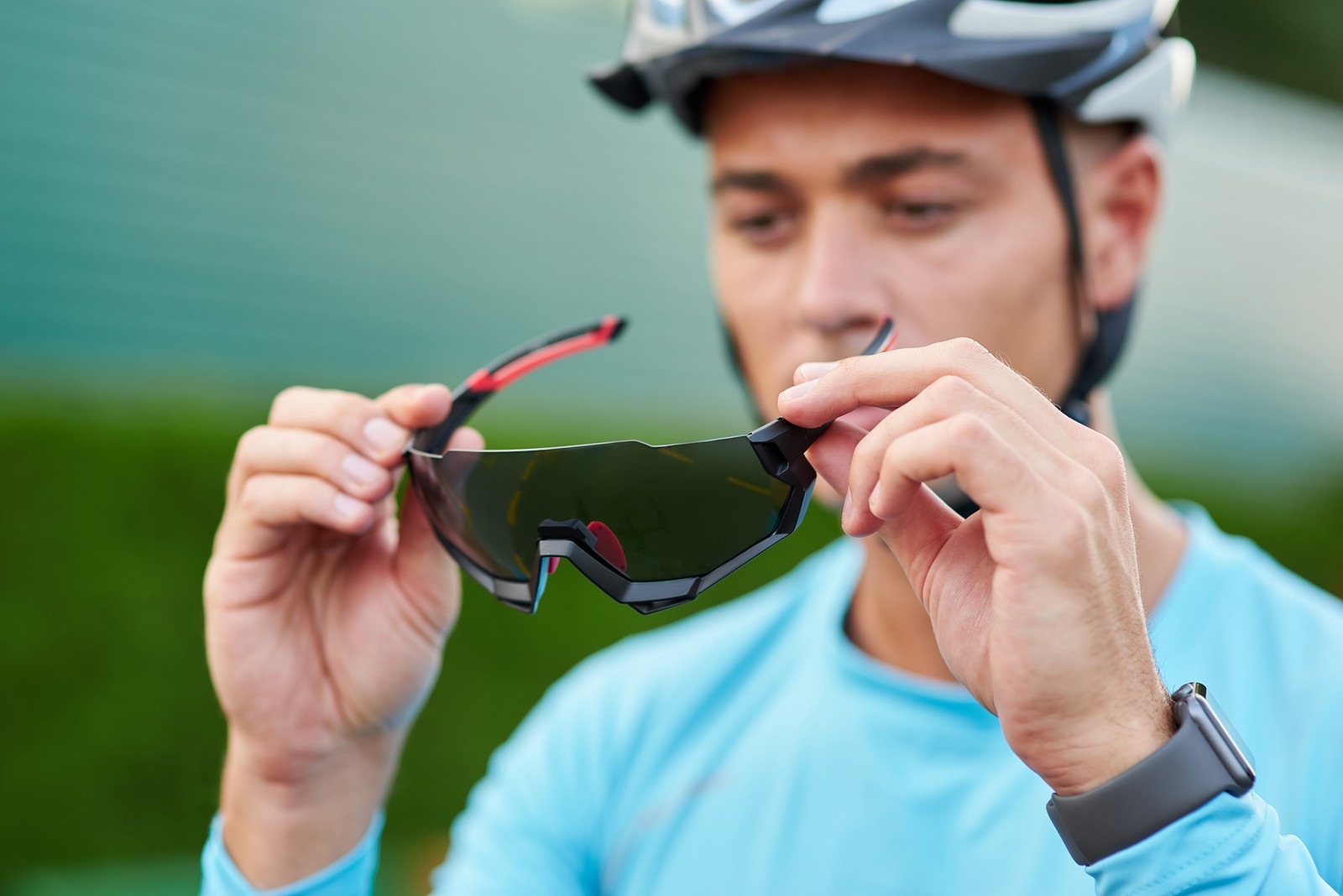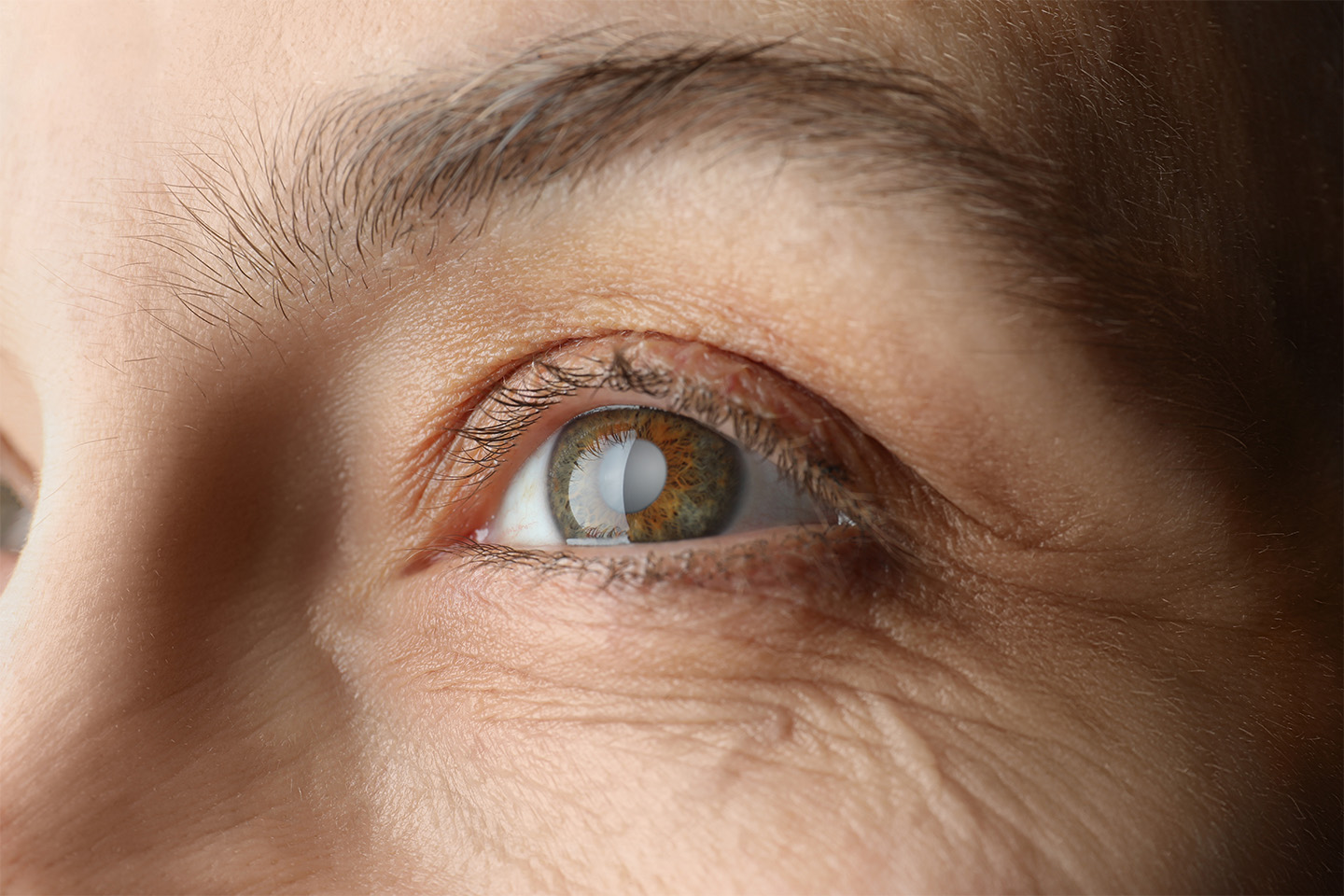What You Need to Look for in Sunglasses for Eye Protection

At ICON Eyecare, our eye doctors want to help you protect your vision and eye health for years to come. That includes wearing the right protection from harmful UV rays, especially given that fact that we live closer to the sun in Colorado. Here’s what you need to look for in the right kind of sunglasses for eye protection.
Sunglasses for Active Living
In Colorado, there are sunglasses for style, and for the trails. Glacier glasses provide protection against the wind and bright sunlight reflecting off the nearly perennial snow up high. Sunglasses for mountain biking provide protection and stay in place no matter how hard you ride. No matter whether you spend hundreds on specialized or designer sunglasses, or ten bucks on a pair off the rack, there’s one essential requirement: Full UV protection.
Choosing the Right Sunglasses
The American Academy of Ophthalmology lists six thoughts for choosing sunglasses:
- UV Ray Protection: 100% is what you need. Look for the tag or sticker and enjoy wearing them.
- Eye Coverage: Bigger is better, for the skin around your eyes as well as the eyes themselves.
- Darker Isn’t Necessarily Better: Those who watched the last eclipse know this, dark lenses without UV protection can make things worse.
- Color Doesn’t Block More: But it can help you see better for sports by improving contrast
- Polarized Lenses Are Designed for Glare: They don’t provide UV protection unless it’s added, but they are great for seeing fish underwater.
- Cheap Sunglasses with the Right Protection Are Fine: It’s the UV protection that counts, so go cheap or go designer if they protect your eyes.
UV Intensity in Colorado
You’re starting at over 5,000 feet of altitude in Denver, and up to 14,000 not too far away in the mountains. Research has shown that UV filtering by the atmosphere drops by about 8-10 percent per thousand feet. That means if you climb a fourteener or drive up Pike’s Peak, you’re getting about double the UV rays you were getting at sea level. That’s not just an issue for your eyes, but your skin too. Combine that with the dry air, wildfire smoke, pollen, and strong winds that are common in Colorado, and you’ll see why your eyes need all sorts of protection, plus sometimes a visit to our eye doctors in the Front Range for care. Look for symptoms like these that can indicate your eyes have had just too much sun:
- Pain or redness
- Sensitive to light
- Tearing/watery
- Blurry or temporary loss of vision
- Swelling
- Eyelids twitching
- Eyes feel gritty
When Your Eyes Attention
Too much sun can burn your eyes. We’re your go-to eye doctors in the Front Range for urgent eye care after a day out in the sun. We’re here for all your regular vision needs, including cataract and LASIK surgery in the Denver metro area, routine eye exams by our expert and friendly staff, and sunglass prescriptions. Make an appointment to see us today.
[DISPLAY_ULTIMATE_SOCIAL_ICONS]








